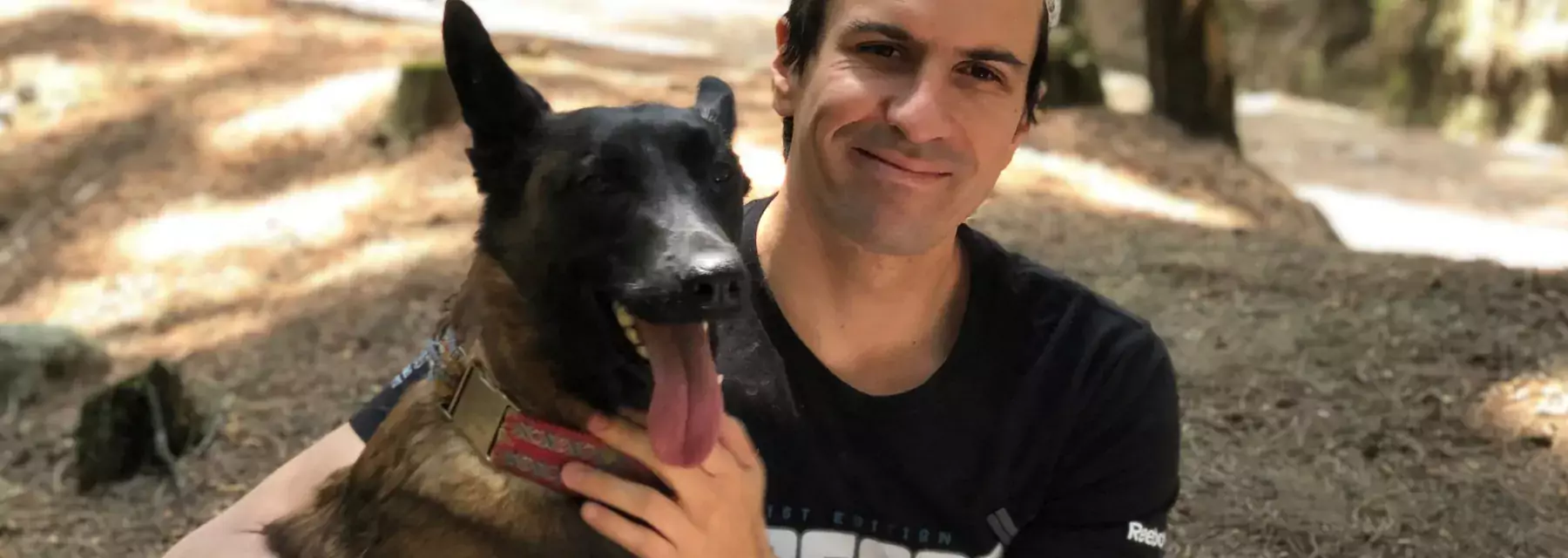
MDS Spotlight: Meet Juan Roesel, MDS Computational Linguistics, Class of 2021
Back in 2017, Juan Roesel worked as an innovation consultant helping corporations fast-track digital transformation processes by partnering with tech start-ups. Some of these start-ups were using Artificial Intelligence solutions, so Roesel needed to understand them to frame the right integration approach with the businesses' value chains.
“This experience was an eye-opening moment for me and triggered my decision to transition my career from a non-technical to a technical field,” explained Roesel.
As Roesel was taking on more technical projects and learning new concepts, he soon realized that he was just barely scratching the surface of the data science universe.
“Since I enjoy studying and learning, I decided to look for different data science graduate programs to invest in a world-class education and take my career to the next level,” he added.
Roesel focused his search only on Canada since he was looking to establish a base there with his family. Roesel search eventually led him to the MDS-CL program.
“I chose the Computational Linguistics track since I had been experimenting with different NLP algorithms in my consulting projects, and I thought that specializing in that field would be a fascinating path to take,” said Roesel.
Roesel added that he was particularly attracted to the prospect of specializing in the use of NLP algorithms that the other programs he researched lacked but the MDS-CL program had.
Throughout the program, Roesel said the one tangible benefit he gained over the past 10 months was a solid grasp of the data science and computational linguistics fundamentals that otherwise would probably have taken more time to learn or had been more challenging to understand.
“While several resources on the Internet can help people get the knowledge and skills needed to become a Data Scientist or NLP engineer, I think the structure of the MDS-CL program and the quality of the teaching staff take the learning experience to a higher level,” he noted.
Another benefit that Roesel got from the program was the valuable relationships he formed with his classmates, who “are brilliant, driven, and team-oriented people. They consistently offered support throughout the program, which was a critical enabling force that kept us all going together during the pandemic.”
Roesel added that the capstone project was a key component of the program as it gave students the chance to solve a real business problem using the tools they have been learning. Roesel’s capstone project involved developing a Sentiment Analysis model capable of reliably extracting sentiment values from a significant volume of customer service tickets belonging to a mobile retailer in Canada.
“It is very exciting to see that the company will probably use the system we developed to make decisions on their customer retention strategies and allocate resources to tackle potential problems that otherwise would have been hard to identify. It certainly gives us as graduates a good story to tell!”
With the program now complete, Roesel felt that his toolbox as a data scientist has expanded dramatically in the past ten months with several tools and knowledge that are in high demand in the market right now.
Roesel hopes that this transfers to jobs that combine his experience as a developer and the skills he gained during the program with a focus on building and deploying NLP systems.
Juan’s Top 3 Tips on Succeeding in the MDS-CL Program
1. Learn how to multitask under time pressure by working on several labs simultaneously instead of focusing on working one lab at a time.
2. Seek to build symbiotic relationships with other students, learn to ask for support, and be willing (and available) to provide support back. Joining a study group might be a good way of doing this.
3. Take care of their mental, emotional, and physical health. The MDS-CL program is a 10-month marathon, not a weekly sprint, so it's crucial to regulate the oxygen tank along the way.